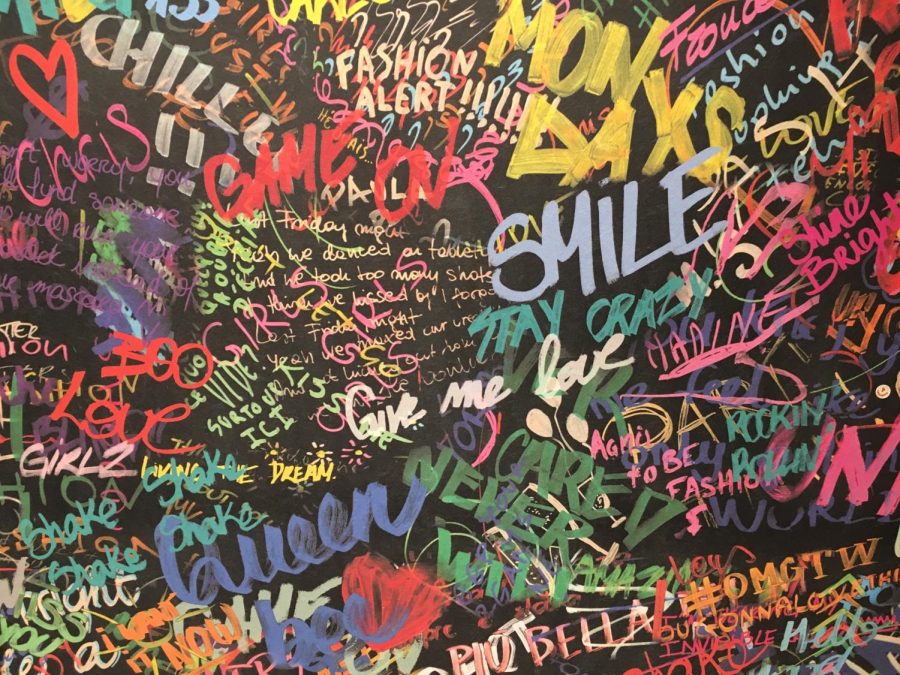The Power of Words
January 20, 2022
How much do people’s words impact you? Some would say that they leave heavier scars than any other weapon.
Jordan Lumsey, junior, was in the 3rd grade when he remembered his first nasty insult. He was trying his best to answer a question in math class when the teacher belittled him and told him “You don’t know how to think.” Jordan was shocked by what the supposed authority figure said to him. He remembers going to recess following that moment in class and crying. Finally, a teacher saw him upset and spoke with him. They told him to cheer up and move on, which is just what he did. However, this moment stuck with him. “It has stuck with me until now because anytime I’m assigned difficult work I recall that moment,” says Jordan. “When I’m having trouble I find it difficult to ask for help and I don’t want to admit that I’m struggling. I don’t want to feel like I’m being a burden.”
Insults can cause significant damage to people because we live in a “verbal society” according to Nigel Barber, Ph.D. According to Barber, it is most likely that a person uses their words instead of physical violence to get their emotions across and this is, essentially, where insults come from. In the Psychology Today article “The Psychology of Insults” Barber states, “we can assume that insults are often motivated by anger surrounding issues of status insecurity.” This means that people insult others to make themselves feel better, which is related to the fact that people often look down on others so that they can seem like they are actually on top.
Sometimes insults don’t have the same impact on everyone. While some are seriously affected and even remember it for years, others are able to basically shrug it off and move on. One student, a junior at PB, says that she has been able to handle insults and just let it go. While she does remember when someone insults her – just as Jordan recalls from elementary school – she says that it really doesn’t bother her. She says that part of it is that “ it wasn’t enough to leave an impact on her.”
For her there are bigger things to concern herself with. “I have bigger problems to worry about,” she says, “words don’t hurt me as much as other people.” She adds that this thinking comes from how she grew up. “If you care too much it could look bad; you would be seen like a baby.”
There is one type of insult that does affect her to some extent however: those that come from people she is really connected with. Insults from these people are “worse with someone you know because you had a connection and trusted that person when they should know the limits.” She also believes that backhanded compliments are worse than many insults because “insults are straightforward and with backhanded compliments, you are trying to make light of the insult you are telling me.”













































